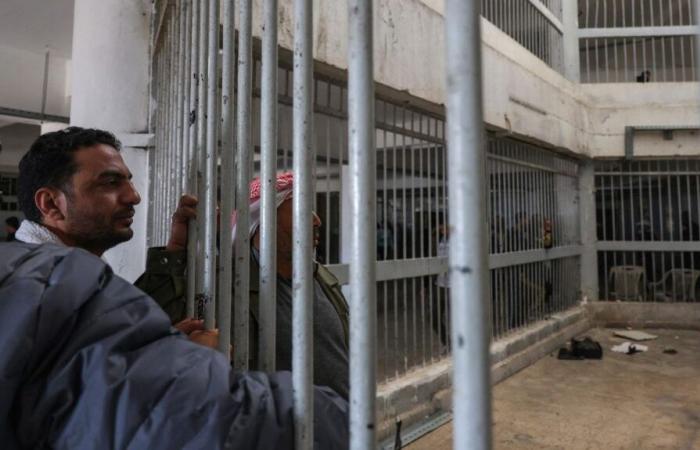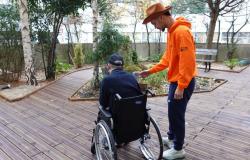
In Syria, after the departure of Bashar al-Assad, “we will have to preserve the evidence” of their crimes “with a view to justice”estimated Tuesday, December 10 on franceinfo Clémence Bectarte, lawyer at the International Federation for Human Rights (FIDH). The lawyer also defends several Syrian victims before French justice. Since the fall of the Assad clan, several NGOs have asked the rebels who took control of Syria to preserve documents that could be used for justice.
Franceinfo: Is it urgent to keep all these documents?
Clémence Bectarte: Yes of course. We see this with the opening of the regime's prisons and then the fact that there is today access to Syrian terrain – which has never been possible since 2011 when investigations were carried out remotely or in extreme difficulties by the Syrian activists themselves – today there is so much material evidence which has been made available and which will have to be preserved in the interests of justice.
Bashar al-Assad's Syria was a regime with massacres, torture, wars. Are we sure that these acts were documented?
Yes, they have been, at least in a very significant way since 2011. Because what we are talking about today – and this is what will be the demand for justice from Syrians – concerns not only the crimes against humanity, the war crimes that have been committed since March 2011 and the attempted revolution, but also during the 54 years of dictatorship of the Assad clan. This is especially what we will have to come back to. There have been enormous documentation efforts that have been made, which have also resulted in trials being conducted, including in France, recently, last May, concerning senior officials of the regime. But much remains to be done to hope to bring justice to all Syrian victims.
What should we do with any evidence that might come to light? Damascus has never ratified the International Criminal Court treaty, so the ICC does not officially have jurisdiction. What alternative can international justice have?
The urgency is to allow the Syrian population as a whole to decide on the justice options that will be available to them to provide justice to the Syrian victims. It is very important to allow this dialogue, that there be consultations. Let us remember, there are many Syrian activists and NGOs who have been working since 2011 on documentation and justice in Europe. There is also a UN mechanism that has existed since December 2015, which is already collecting evidence of the regime's abuses. So these are all initiatives that will have to be continued and consolidated. When it comes to international justice, there are many options. We can imagine different scenarios for judging crimes committed in Syria, but it is important that Syrians have their say.
Does that mean that Syrian justice can manage and that we must put in place a sort of transitional justice?
Of course, there will have to be, and this is a very strong demand from the Syrians, a process called transitional justice, which could take several possible configurations. One could imagine that a Syrian justice system restored to its independence – with a new Constitution which would proclaim the rule of law – would begin investigations, organize field investigations and conduct trials. We can also imagine that a Syrian government would appeal to the United Nations to create a mixed or hybrid court. We have already seen this in the past, for example in Cambodia, regarding judgments of officials of the Khmer Rouge regime. And then Syria could also ask the International Criminal Court – which has so far never been able to open an investigation because it was not competent – to take action. Syria could ratify the Rome Statute and allow the ICC to open an investigation.





